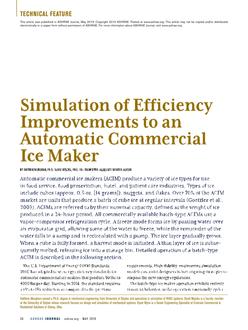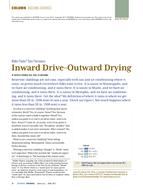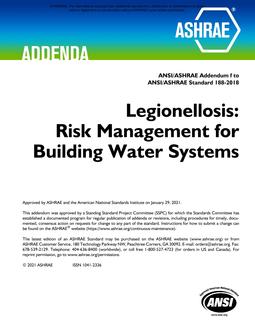Single zone (SZ) air handling units (AHUs) are widely applied in the conditioned spaces. A SZ AHU typically consists of a chilled water cooling coil, a hot water heating coil, and a supply fan. For a constant volume (CV) SZ AHU or variable air volume (VAV) SZ AHU operating at a minimum airflow, the control valve of either the cooling coil or heating coil is modulated to vary the supply air temperature and consequently control space air temperature. Traditionally, a single control loop is applied to modulate the control valve directly based on the space air temperature. The traditional control is simplistic in nature, however, suffers significant drawbacks. Due to the thermal capacity of both the water in the coils and the air in the conditioned space, the system often becomes unstable due to nonlinear characteristics of the SZ AHU system and leads to hunting of the control valve. On the other hand, cascade control makes the control system more adaptive and robust. A cascade control can be applied to a SZ AHU in order to stabilize the system. The primary controller reads the room air temperature and determines the required supply air temperature for a secondary controller which then controls the heating/cooling coil valve. The purpose of this paper is to demonstrate the stability of the cascade control method in a SZ AHU system. A model of the SZ AHU system with transfer functions is developed for conventional and cascade control methods and root-locus analysis is performed. The results conclude that the cascade control improves the stability of the control valve by reducing the sensitivity to the change in the operating conditions.
Citation: 2016 Annual Conference, St. Louis, MO, Conference Papers
Product Details
- Published:
- 2016
- Number of Pages:
- 8
- Units of Measure:
- Dual
- File Size:
- 1 file , 1.5 MB
- Product Code(s):
- D-ST-16-C020


